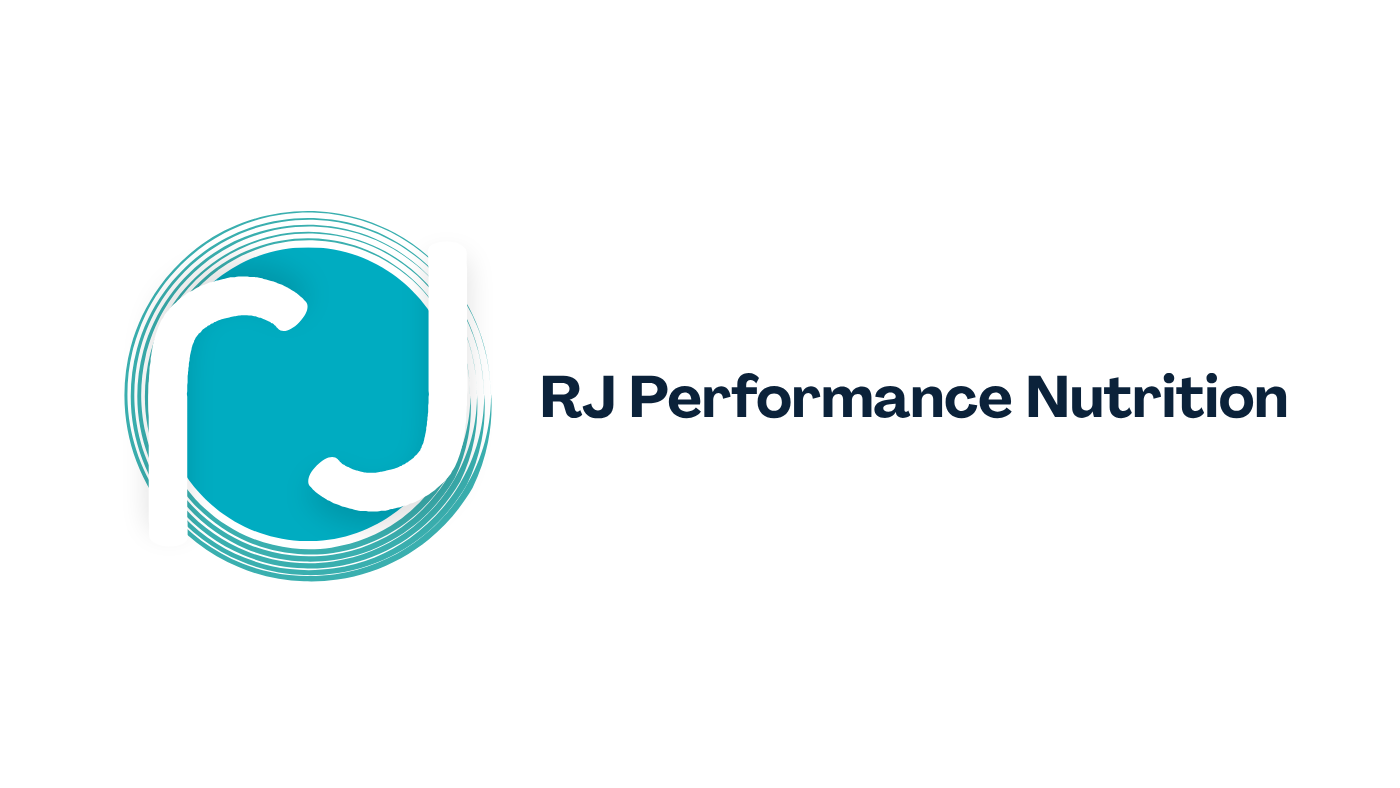Vitamin D & bone health for runners: what the latest research means for you.
As an endurance runner, your bones undergo stress from long miles and hard efforts. While much attention gets paid to muscle fatigue, glycogen depletion and cardiovascular load, bone health is an equally important part of the equation. Recent research adds to the increasing evidence base that vitamin D may play a protective role— both long-term, during and after extreme endurance efforts.
The new study in summary:
A 2025 random-control trial “Single high-dose vitamin D supplementation impacts ultramarathon-induced changes in serum levels of bone turnover markers” looked at 35 semi-professional male ultra-trail runners. Participants were randomised into two groups: one took 150,000 IU (a very high acute dose) of vitamin D₃ 24 hours before a mountain ultra-marathon; the other took a placebo. Blood samples were taken 24 h pre-race, immediately post-race, and 24 h post-race. PMID: 40963202
Key findings:
Serum 25(OH)D rose significantly in both groups post-race—but this increase was greater in the supplemented group (≈ +147 % vs +84.7%).
A marker of bone-formation (PINP) increased immediately post-race - with a significantly larger increase in the vitamin D group.
In contrast, markers of bone resorption (CTX), PTH, and sclerostin were significantly lower at 24 hours post-race in the Vitamin D group.
Therefore, the runners who had the acute dose of vitamin D appeared to have a favourable shift in bone metabolism: increased bone formation and reduced bone resorption. This suggests that Vitamin D mitigates bone stress and potentially promotes quicker structural recovery.
Limitations:
Key limitations of this study include a lack of representation of female athletes - who have sex-based differences in bone metabolism and hormone regulation. Further, the study represented a snapshot in time, with no control for the impact of typical dietary intake, particularly of calcium, or other modulators of bone metabolism.
How this adds to existing evidence:
There’s increasing data linking vitamin D to bone health in athletes. Key points from previous studies include:
Athletes with sufficient Vitamin D levels found to have a 12% lower stress-fracture rate compared to those with persistently low levels. PMID: 33816638
Evidence that vitamin D deficiency is common in athletes (especially those training indoors and/or in the UK), and is associated with reduced muscle strength, increased injury risk, and higher stress-fracture incidence. PMID: 34315203
Correlations between a diet rich in calcium and vitamin D, better bone mineral density (BMD) and reduced stress fracture incidence. PMID: 20709302
Vitamin D is also known to have a key role in immune and neuromuscular function. Overall, its evident that ensuring Vitamin D sufficiency is an important nutritional consideration for all athletes.
Practical implications:
From September-April guidance supplementation is recommended in the UK:
General population (adults): 400IU daily
Athletes have increased musculoskeletal demands and therefore may need 1000-4000IU daily.
Vitamin D is poorly absorbed from dietary sources. During summer months, sufficient levels can be maintained through sunlight exposure - aim for 10-15 minutes with arms and legs exposed. If your shadow is longer than your body, then this isn’t sufficient sunlight to generate Vitamin D.
Groups at higher risk of Vitamin D deficiency (darker skin types, always covered by clothing, training/working largely indoors) - may need to supplement year round.
It is NOT suggested that you take a high-dose as per this study - this was a specific and controlled scenario. Vitamin D toxicity carries serious health risks. Aiming ro consistently maintain Vitamin D levels is safer, and will also support you through both training and racing.
Pair Vitamin D with an adequate dietary calcium intake (dairy, leafy greens, fish with bones, tofu), adequate protein and recovery to optimise bone-health.
Take with a fat source (Vit D is a fat soluble Vitamin) and ideally away from caffeine and high fibre foods which limit absorption (but the most important thing is just to supplement as advised).
Key takeaways
For runners, bone health is a key consideration for longevity, performance and overall health. This study adds compelling evidence that vitamin D may help modulate bone response during/after high loads. Alongside consistent good training, nutrition and recovery, ensuring vitamin D sufficiency is a key consideration in staying strong, healthy, and performing well.
